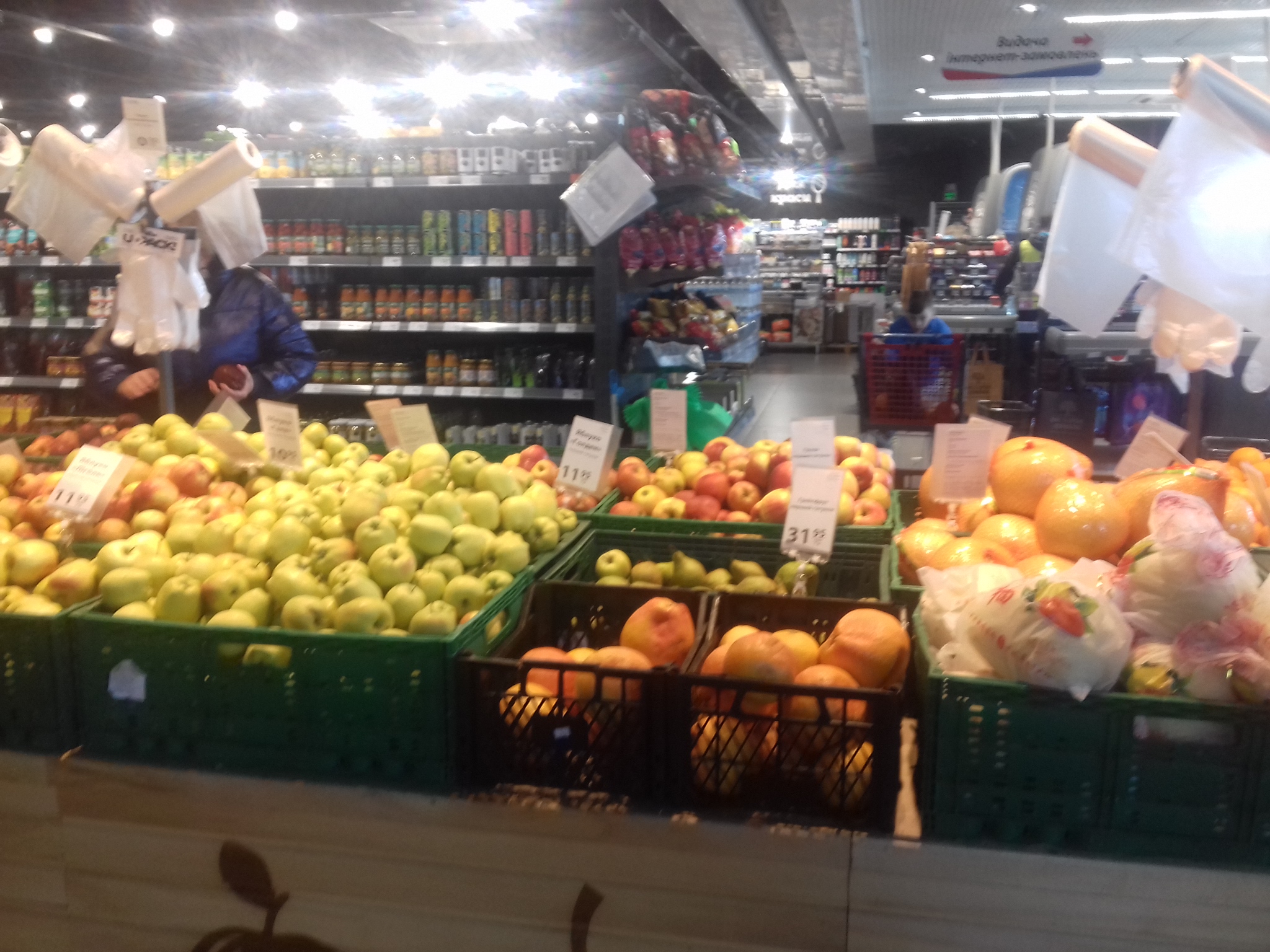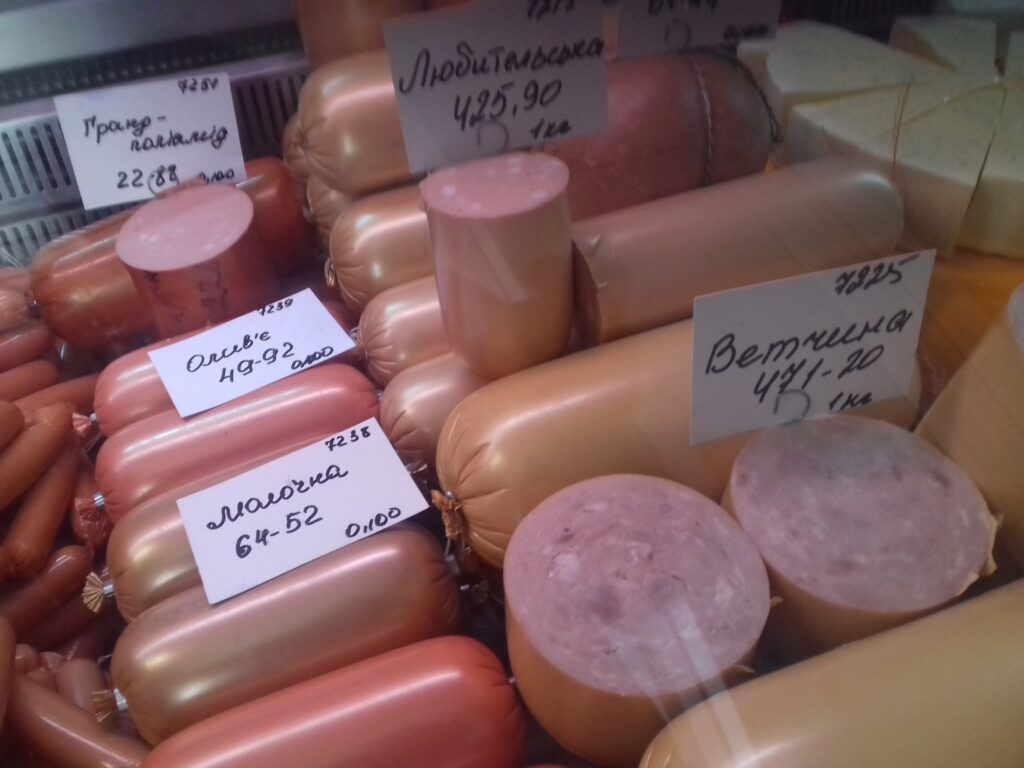Viewing the pages of the Russian-Ukrainian war, future historians will write a lot about Kherson. They will divide their thoughts into light and dark ones. In the first case, they will talk about the liberation of the city, people’s joy, life renewal, while in the second – about the occupation. When the hostilities end, political experts will return to television studios, and there will be one question that will arouse passion for a long time – why did the Russians occupy the Kherson region so quickly?
There will be accusations against the government, both local and central, but no one will tell the truth, because the truth is the first thing that is destroyed by missile attacks and airstrikes. Moreover, anyone who has been to the front will tell you: we all have our own truth.
However, there are principles of modern warfare, and one of them is the expediency of fighting in convenient positions and preserving personnel for a counterattack. According to military expert Serhiy Hrabskyi, the AFU coped with this task in late February by successfully withdrawing the main units from under attack: “The enemy had a fivefold advantage in that sector. The total number of troops in Crimea was 90,000. Of them, about 30-35,000 were shock troops – paratroopers and mechanized units. Given that, of course, it would have been difficult to hold the territory.”
When the Ukrainian army retreated, Kherson plunged into darkness.
– Teacher, why are they killing us?
– They want us to notice them.
This quote, which was supposed to be an epigraph to my review of the Kherson Kulish Theater’s extraordinary first night of “Eternity and Another Day” (premiered on February 23, 2022), became prophetic.
I didn’t believe in war, nor did anyone around me. We watched the capture of the Kherson region on computer and mobile screens, through numerous webcams installed on key roads of the region. The war seemed virtual, almost unreal. The occupiers’ vehicles sped along the restored roads, as if they were rushing for a picnic. Carefree people drove towards them, as if minding their own business. People who were outside of Kherson could not return already in the afternoon. They say that on February 24, a lot of people gathered at the station waiting for a train, which did not come. In the evening people were unable to leave the city even by car, because civilian cars were fired upon. We watched with horror the video posted by frightened people of Kherson with hit cars and burnt corpses inside.
Russian troops could have entered Kherson as early as February 24, but the heroic efforts of the AFU, which defended the Antonivsky Bridge, restrained the enemy’s determination, and they dared to enter the city only on March 1.
A question still haunts me: why didn’t they blow up the bridge? They had time, didn’t they? Then, perhaps, Kherson would not have experienced the horrors of occupation?
I remember, when I heard the roar of heavy equipment, I went to the window and saw enemy BMPs with the Z swastika slowly rolling down my street, accompanied by well-equipped soldiers, who peered into the windows and occasionally fired from machine guns. And the day before, we made Molotov cocktails with an intention of throwing them at the enemy. Naïve. We wouldn’t have caused any damage to their equipment, and the machine gunners would not have let us near the BMP to throw accurately. Several dozen brave men from Territorial Defense, who decided to resist in Buzkova Square near the oil refinery, were torn to pieces by the BMP’s large-caliber machine gun shots. And the only weapon they had was Molotov cocktails.
Russia, like a viper, slowly crept into the city. The days of occupation began.
Food disappeared from shops instantly. When I realized that I needed to buy something, there was nothing left. There were queues for everything, prices for everything tripled. “Business,” if you can call it so, was booming. There was no basic food – bread, sugar, oil, potatoes, cereals. Some chains gave away stock for free; some were able to sell something. Many shops were looted by local looters after the occupiers, who kicked down store doors and took away the most essential things. In the morning, when curfew ended (did anyone control it? The occupiers had no forces, and there was no local police. The shops were guarded by the so-called “municipal guard”), people began hunting for food and medicine. The active part gathered on Svoboda Square and held rallies and marches under the slogans “Kherson is Ukraine.” The occupiers watched it almost peacefully; Ukrainian flags flew in the city.
Kherson was under house arrest.
My friend, who had tried to leave the city with his family on the 25th, returned hungry and scared. He said that fighting made it impossible to go further, and when he was returning, his car was almost shot by tanks several times.
Imperceptibly, the occupation noose began tightening. “Tourists” from Crimea, ORDLO and russia flocked to the city. They began to arrest activists, ATO veterans, and journalists and throw them “into the basement.” They captured a journalist O.B from Kakhovka. My friend called me in search of shelter. I offered her to move in with me, but she refused because they had opened a hunt for journalists. Among the recipients of the Regional State Administration’s newsletter for journalists was the “fucking journalist” Stremousov, who betrayed Ukraine and became “gauleiter” of the occupied Kherson region. I realized that the orcs would come after everyone on that list. Since then, I have spent nights away from home.
But people get used to everything. Spring came, and fresh vegetables appeared in the markets, the prices for potato and onion fell, they were lower than those in the capital. People went to rallies, to volunteer centers, drank coffee in the city, and tried to support each other.
But then Bucha happened. We understood and saw the true face of ruscism. Many Kherson residents decided to leave the city for the government-controlled territory, but they did not know how. If they had escaped across the front line, they would have come under fire. They were afraid to go through Crimea because it was illegal. But thanks to the personal experience of journalist O.B., who had been released from prison and had shared it on Facebook, I decided to take his advice and go to Mykolayiv. My first attempt failed. The priest who had performed a funeral service for my mother and had been kidnapped from the liturgy, tortured, raped, and then released by the occupiers, helped me at that time. He didn’t tell me at once, but it was clear from his eyes that he had experienced great shock and abuse.
Only on the third attempt did I manage to leave with my niece and grandson. It was on my birthday. When the guards checked my documents at a russian checkpoint, my cousin from russia called to congratulate me. When I told her what her country had done to me, she said that it was my fault and that no one forced me to leave Kherson. In 2014, she called my mother and me “fascists and Banderovites.” There are no words for what is going on in their minds. To be fair, their ordinary soldiers behaved politely, and only checked my documents at numerous russian checkpoints, except for the last one, where they tore my small khaki backpack.
As we drove up to the first Ukrainian checkpoint, a missile fell somewhere in the distance, but we didn’t feel scared anymore, because we saw our guys who welcomed us home. We did not stay in Mykolayiv and continued on to Odesa. I became hysterical, tears came flooding out when I went to the ATB store in Koblevo. This store was so homely, full of food at reasonable prices, and it was amazing to be happy about such little things.
A new phase of my life has begun (that’s another story).
My nephew was killed during the occupation. He is survived by his terminally ill mother. When I asked for help for her and my friend’s burial, so many people from Kherson responded on FB, offering help and money that I understood: Kherson could not be conquered.
Now I am packing my bags to return to my hometown. We begged God for its liberation, struggled for it against the enemy, supported each other with our actions.
How happy I was when I saw the ATB Christmas van on the central street. The holiday returned to my hometown on November 11, 2022!
Let it live and flourish!
Yuriy Zhytniak, Kherson
1.12.2022





